A discussion is under way inside the European Union as to how many years are required before its new members will match the living standards prevailing in the rest of the now 25-nation EU
Published:
12 August 2004 y., Thursday
A discussion is under way inside the European Union as to how many years are required before its new members will match the living standards prevailing in the rest of the now 25-nation EU. Many economists predict that even those new members that have relatively strong economies will require at least 30 years to reach the per-capita income levels prevailing in Western Europe.
Of the new EU members, Slovakia and three Baltic states are generally considered to be the fastest-growing economically. Each of them aspire to match the achievement of one of the oldest members of the EU, Ireland, which in the 1990s registered economic growth rates averaging over eight percent.
Willem Buiter, chief economist at the European Bank for Reconstruction and Development in London, says Ireland is a worthy model for the new EU members.
"Ireland has done it. From being a poor west European country they are now a rich west European country, richer than the average west European country and richer even than Britain," he said. "But they had a number of factors working for them that are not present in Eastern Europe, the main thing being the demographics."
Barbara Boettcher, an economist at Deutsche Bank in Frankfurt, agrees that the Ireland model won't be easy to emulate.
"You won't see that in Eastern Europe," she said. "Eastern European countries, which are designed to be winners are those that have attracted a large share of the production oriented foreign direct investment, like Slovakia, Hungary and the Czech Republic have done."
Šaltinis:
voanews.com
Copying, publishing, announcing any information from the News.lt portal without written permission of News.lt editorial office is prohibited.
The most popular articles
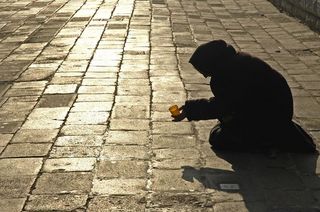 The dark spectre of unemployment is stalking Europe and 2010 is the year it has earmarked in the fight against poverty.
more »
The dark spectre of unemployment is stalking Europe and 2010 is the year it has earmarked in the fight against poverty.
more »
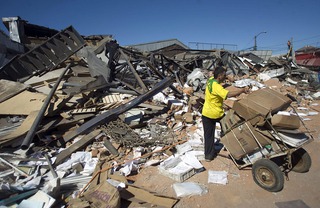 Just about a month after a devastating 8.8-magnitude earthquake destroyed vast swaths of Chile’s south central region, residents in the coastal town of Dichato continue to wait for much needed aid.
more »
Just about a month after a devastating 8.8-magnitude earthquake destroyed vast swaths of Chile’s south central region, residents in the coastal town of Dichato continue to wait for much needed aid.
more »
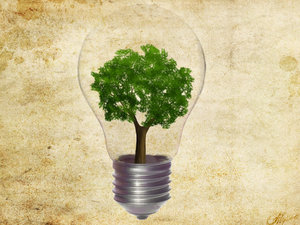 The European Parliament will once again mark “Earth Hour” by switching off lights in all its buildings for one hour this Friday and Saturday.
more »
The European Parliament will once again mark “Earth Hour” by switching off lights in all its buildings for one hour this Friday and Saturday.
more »
 Only one in 10 board members of Europe's biggest listed companies is a woman and all central bank governors in the EU are male.
more »
Only one in 10 board members of Europe's biggest listed companies is a woman and all central bank governors in the EU are male.
more »
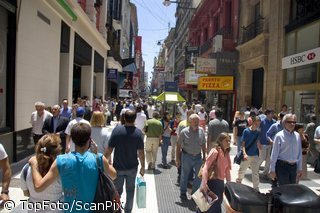 New rules in 10 EU countries would let international couples choose which country’s law applies to their divorces.
more »
New rules in 10 EU countries would let international couples choose which country’s law applies to their divorces.
more »
 The EP's Committee on Culture and Education urges the EU to promote non-formal education, combat youth unemployment and help young people with special needs.
more »
The EP's Committee on Culture and Education urges the EU to promote non-formal education, combat youth unemployment and help young people with special needs.
more »
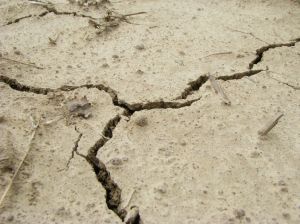 More than 50 million people in southwest China are struggling to cope with what is being called the worst drought in living memory.
more »
More than 50 million people in southwest China are struggling to cope with what is being called the worst drought in living memory.
more »
 Ideas sought on how to improve train, energy and banking services - a major cause of headaches for consumers in Europe.
more »
Ideas sought on how to improve train, energy and banking services - a major cause of headaches for consumers in Europe.
more »
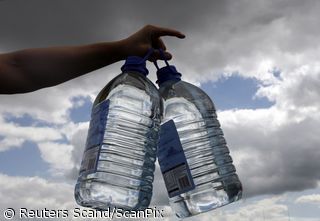 The EBRD is supporting the rehabilitation of the water and wastewater system in the city of Aktau, in the Mangystau region of Kazakhstan, with a loan in Kazakhstan Tenge (KZT) equivalent to €5.8 million (KZT 1.2 billion) to Aktau TVS&V, the municipal water and district heating company serving the city.
more »
The EBRD is supporting the rehabilitation of the water and wastewater system in the city of Aktau, in the Mangystau region of Kazakhstan, with a loan in Kazakhstan Tenge (KZT) equivalent to €5.8 million (KZT 1.2 billion) to Aktau TVS&V, the municipal water and district heating company serving the city.
more »
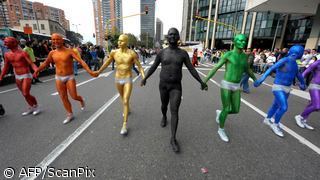 The world’s biggest St. Patrick’s Day parade bathed New York’s Fifth Avenue in a sea of green.
more »
The world’s biggest St. Patrick’s Day parade bathed New York’s Fifth Avenue in a sea of green.
more »